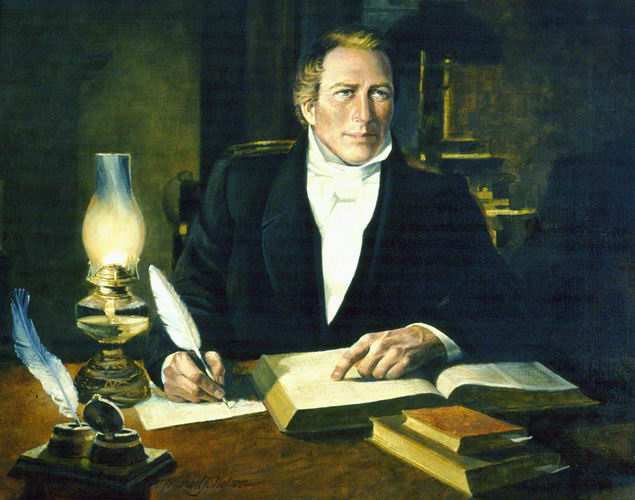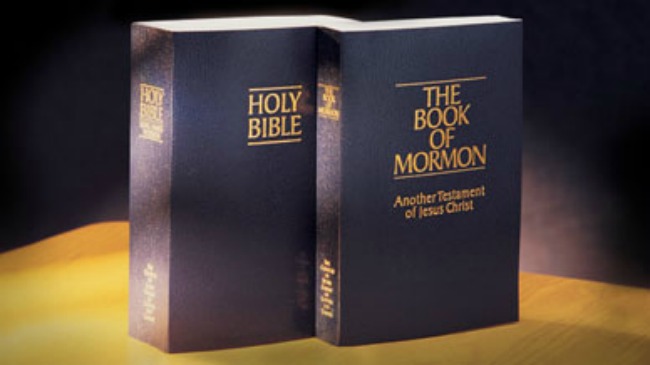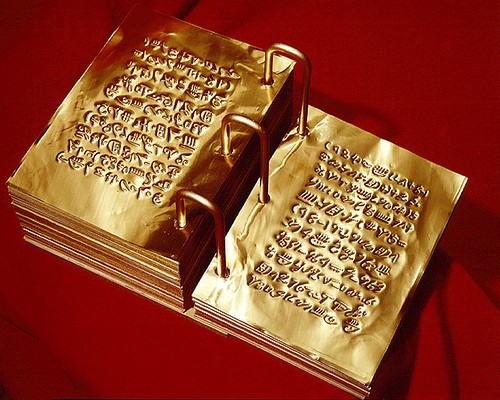Hello Gramps,
I was reading through some of your responses to questions, they all appear spot on.
For some time now I have been searching for answers to a question I have had about a scripture found in 3rd Nephi 13: 12
“And alead us not into temptation, but deliver us from evil.”
The same scripture is listed in the New Testament “aAnd blead us not into ctemptation, dbut deliver us from evil: [For thine is the kingdom, and the power, and the eglory, for ever. Amen].”
But in the Joseph Smith Translation of Matthew 6: 13 (as stated above) it reads slightly different, “And let us not be lead into temptation”
This changes the meaning or direction of the scripture “lead us not” vs. “let us not be lead”
So, my question is: 1. Was Joseph Smith acting on his own, and thought it just made logical sense to change the wording or 2. Was the prophet, Joseph Smith being directed by the Lord to make this change ?
and therefore why in 3 Nephi 13: 12 is the scripture worded the same as in the New Testament (with out inspired version) ?
Thank you.
Tim
Dear Tim,
Joseph Smith was commanded by the Lord to translate the Bible. In the heading of D&C section 35, we are told: “At this time the Prophet was engaged almost daily in making a translation of the Bible. The translation was begun as early as June 1830, and both Oliver Cowdery and John Whitmer had served as scribes.” In section 45, Joseph is commanded to translate the New Testament. It states in verse: 60 “And now, behold, I say unto you, it shall not be given unto you to know any further concerning this chapter, until the New Testament be translated, and in it all these things shall be made known; 61 Wherefore I give unto you that ye may now translate it, that ye may be prepared for the things to come.” Oliver Cowdery and John Whitmer had previously served as scribe. When they were given other assignments, Sidney Rigdon was called to be Joseph’s scribe in D&C 35: 20 “And a commandment I give unto thee—that thou shalt write for him; and the scriptures shall be given, even as they are in mine own bosom, to the salvation of mine own elect.”
I am not aware of any explanation being given by the Brethren why this part of the Lord’s Prayer is the same in the Book of Mormon and the Bible, but different in Joseph Smith’s Inspired Translation. McConkie and Millet in “Doctrinal Commentary on the Book of Mormon” indicate that many scholars have questioned this part of the Lord’s Prayer because: “it contains what they conclude to be language used much later than the days of Jesus. However, a very early Christian document called the ‘Didache” or ‘Teachings of the Twelve Apostles’ (late first century A.D.) contains the Lord’s Prayer, including this doxology, thus suggesting its antiquity.”
When you translate a phrase from one language to another, sometimes the meaning changes slightly or even completley. The way it is written in the Bible and Book of Mormon could have meant the same to those in the days of Jesus as the Inspired Translation means to us today. Joseph told Brigham Young that the translation of the scriptures was “perfecting it upon points of doctrine.” (George Q. Cannon, Life of Joseph Smith)
Another example would be the last verse of Malachi. It reads the same in the Bible and Book of Mormon, but Joseph indicated that the Angel Moroni quoted it differently when he first visited him. We read in Joseph’s History 1: 39 “He also quoted the next verse differently: And he shall plant in the hearts of the children the promises made to the fathers, and the hearts of the children shall turn to their fathers. If it were not so, the whole earth would be utterly wasted at his coming.” This was quoted by Moroni prior to Joseph even receiving the plates to translate. Joseph recognized that it was not the same as in the Bible, but it translated it the same in the Bible. The same explanation would apply here as well.
Gramps







